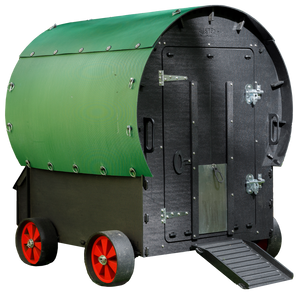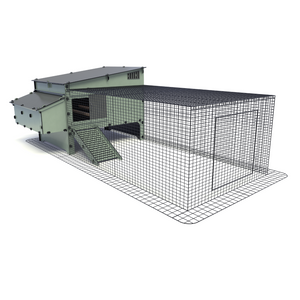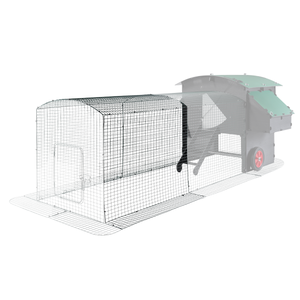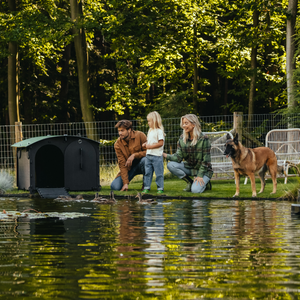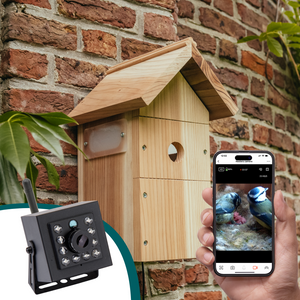Keeping hens can be a rewarding experience for families—offering fresh eggs, teaching children responsibility, and fostering a connection to nature. But when you have a young family, certain considerations are essential to ensure the safety and wellbeing of both your children and your chickens. Here are 9 key factors to keep in mind:
1. Safety Around Hens

Hens are generally docile, but they can peck or become defensive if startled. Teach children to approach and handle hens gently. Always supervise their interactions to prevent injury to either the child or the birds.
2. Hygiene and Sanitation
Chickens can carry bacteria such as Salmonella. Encourage children to wash their hands thoroughly after handling chickens, eggs, or being in the coop area. Keep the coop clean and ensure children remove their garden boots before entering the house.
3. Choosing the Right Breed
Some chicken breeds are better suited to families with young children due to their calm and friendly nature. Consider:
-
Silkies – Gentle and fluffy

-
Pekins – Cuddly and affectionate

-
Orpingtons – Docile and friendly

-
Cochins – Calm and tolerant

-
Hybrids – Hardy and food-motivated

4. Coop Security
A secure coop protects hens from predators and prevents them from entering areas where children and dogs play unsupervised. Ensure the coop and run are sturdy and use child-proof latches.
5. Shared Spaces
If your hens free-range, manage the garden to reduce conflicts. Chickens may scratch the ground, leave droppings, or damage plants and toys. Designate separate zones for play and poultry.
6. Time Commitment
Caring for hens requires daily tasks—feeding, egg collection, and coop cleaning. Make sure you can manage these responsibilities alongside the demands of parenting. Involving your children can help build their confidence and teach responsibility.
7. Involvement of Children
Chickens offer a great opportunity to teach children about responsibility. Assign age-appropriate tasks like collecting eggs or refilling water. This involvement helps children build a meaningful connection with the animals.
8. Health and Allergies
Be aware of potential allergies to feathers or dust within the household. Keep your hens’ vaccinations and worming schedules up to date. Studies show that children with pets often develop stronger immune systems.
9. Teaching Respect for Animals
Children may initially view hens as toys. Teach them that chickens are living creatures with feelings and needs. Show them how to interact calmly and respectfully.

By keeping these nine considerations in mind, you can create a safe and enriching environment for both your hens and your young family. Chickens bring more than just fresh eggs—they offer valuable life lessons that make them a delightful and educational addition to any home.




